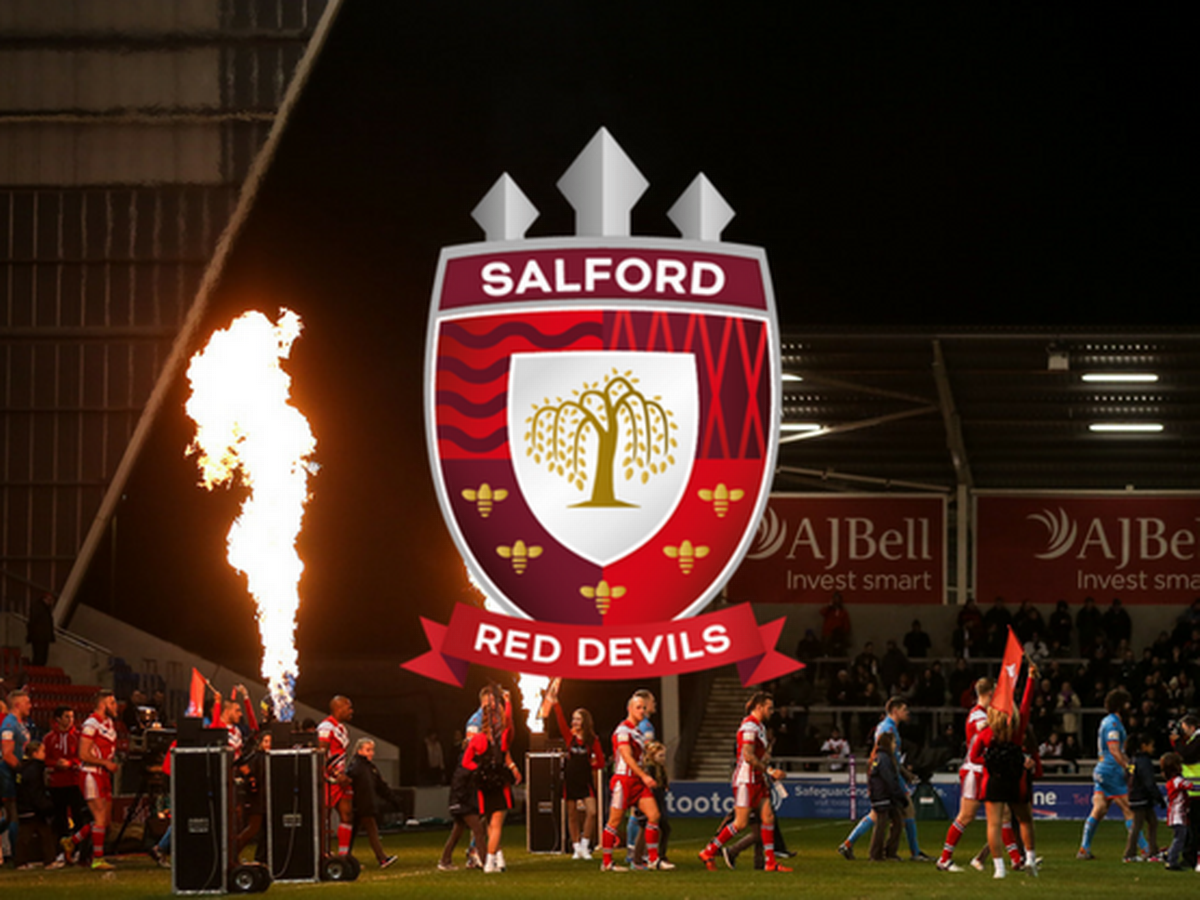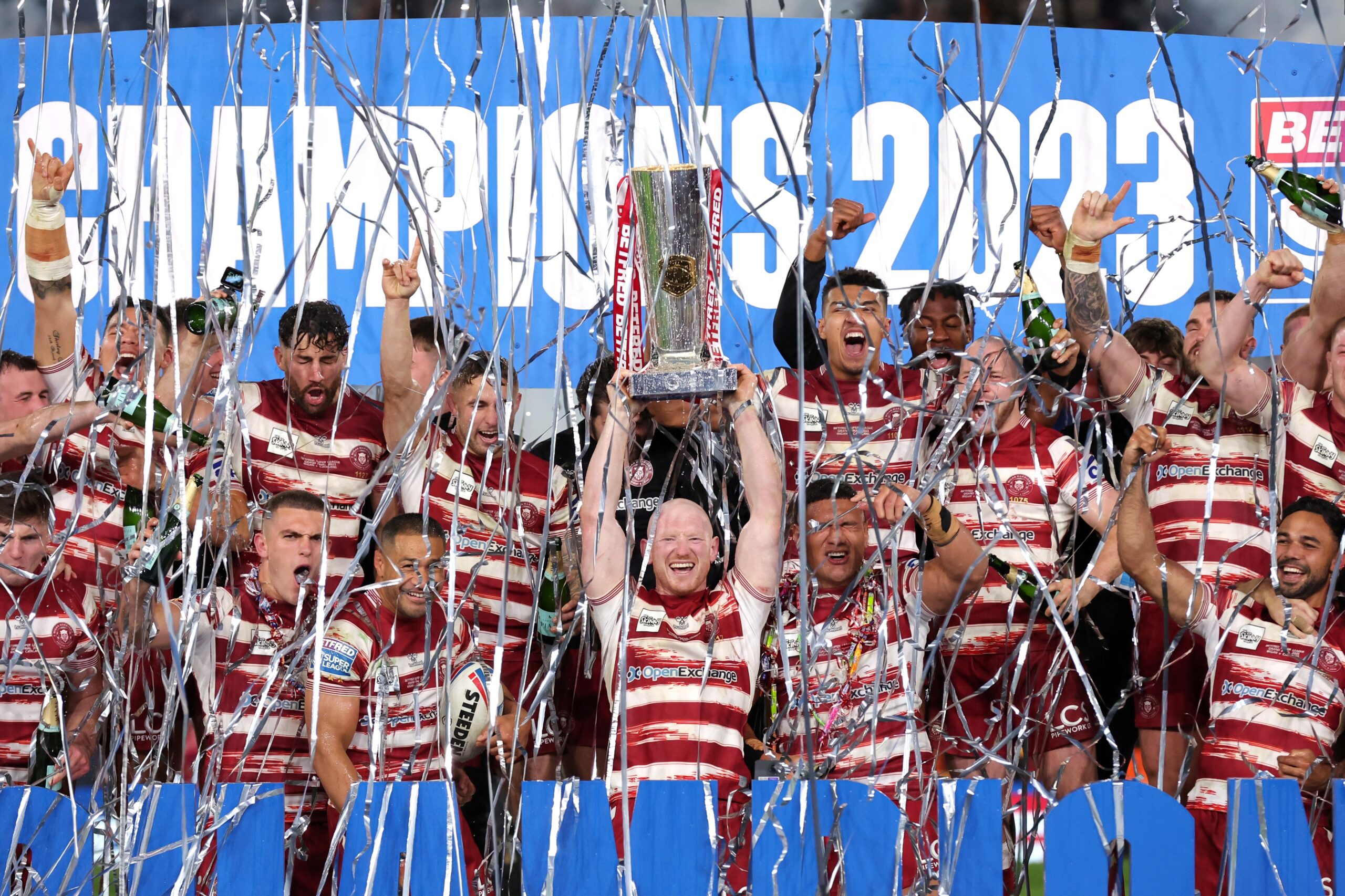I’ve always said that coaching is an art, not a science. You either have it in you, or you don’t.
Its hard to know the personality traits that come together in a person that makes them a good coach. I think to a certain extent, you need someone that enjoys helping others develop as a player, and as people in general.
You need to have a certain amount of obsessiveness too. For the best coaches, improving their team is not just something they want, its not just something they need. Its the fuel to the fire of their entire lives. As we are all tucked up in bed, the best coaches are lying awake at night thinking about how to improve their team.
A top coach needs to have the technical knowledge of the game to be able to do his job. Most importantly, he needs to also have the ability to take what he knows and put it into the right words. He has to be able to explain things to, lets face it, a lot of not too bright people.
He needs to be a mentor, someone that is trusted, and yet someone that is feared. Someone a player wants to make proud, and yet have the ability to cut a player if it means the team will be better for it.
When you start to think about these things that make a great coach, there is a common thread among them.
Experience.
The very best coaches in our game took years before they got their first start as a top level coach. During this time, you have to think about what they picked up as they climbed that ladder towards the top.
Its not just about learning the ability to teach players, to relate to players or even to read a game. Its a job where you are interacting with people, a whole lot of people. You need to learn how to express yourself, what to say, and what not to say. You need to learn when to give a player a rocket, when to say nothing, when to nurture a player and when to give him his last chance.
Fans tend to think of players as robots, but coaches need to deal with off field issues that players bring to training. How do you deal with your star player when he is having relationship problems. You need a big game from him, do you push him harder in training, do you back off? Do you give him a shoulder to cry on or do you tell him to harden up and remember he is a professional, you leave that stuff at home.
All the while, as players come in and out of your life, you need to be the most important person in theirs. If you lose the players, there is no coming back, your time at the club is over.
I guess to a certain extend coaching is a bit like sailing.
You can read a million books, you can know every gear, every line and every square inch of the boat you are on. However, nothing makes up for the experience of being able to read the weather, knowing what small changes can make your boat cut through the water easier or how to make 10 difficult steps in 3 easy steps.
Its not a science, its an art, and one where there is no substitute for experience.
So as Rob Powell takes over the head coaching role at Harlequins Rugby League club in London, at the age of just 30, you can only wish him luck.
Experience tell us, he has a big job ahead of him.









